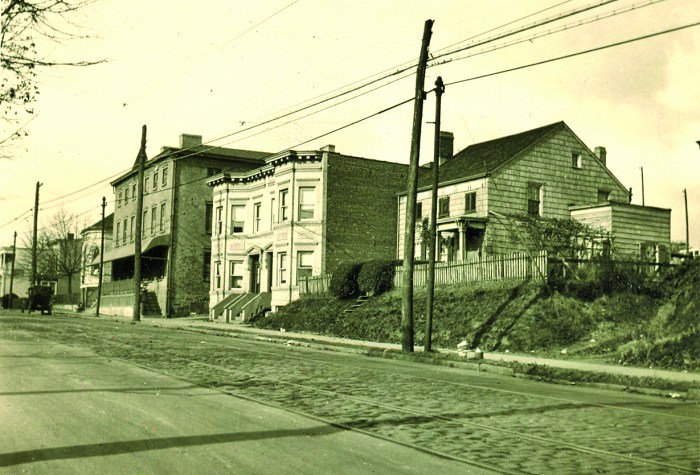Gov. Andrew Cuomo on Tuesday lamented that he won’t live to see the day the MTA updates all of its ancient subway signals to increase train capacity.
Though that process as it stands now would take 40 to 50 years to complete, the 59-year-old governor is hedging his bets.
“I will be dead in the next 40 years,” Cuomo said, jokingly, as he announced a new “MTA Genius Transit Challenge” that he hopes will speed things up.
The Challenge will pay $1 million each to any three experts from around the world who can pitch ways to more quickly update MTA track signals; repair or replace aging train cars; and expedite the rollout of more modern amenities to the subway system.
With modern signaling, like Communications Based Train Control, or CBTC, the MTA would be able to run 20% more trains on lines that currently feature signals dating back to the 1930s, according to Cuomo.
Upgrading the subway’s navigation system would help combat the overcrowding crisis that is contributing to soaring delays through the system.
“We need to run more trains,” Cuomo said at a Manhattan event on Tuesday. “The status quo is unacceptable. And the standard industry solutions will not fix this problem. This is a crisis and it’s time we think out of our box.”
After sparring last week with the mayor over who is to blame for the state-run agency’s woes, Cuomo told a room full of officials and transit experts that the MTA needs to expand beyond bureaucratic constraints that curtail innovation.
“Governor Cuomo is taking a vital step, which is to declare that it’s squarely his responsibility to fix the subway,” said John Raskin, the executive director of the Riders Alliance, in a statement. “The next question is: What is the actual plan, and where will the Governor find the money to pay for it?”
Funding is an issue. The $3 million in award cash for the Challenge will come from the state, but any implementable solutions would require Cuomo to solicit local and state officials for more MTA capital funding. (The MTA’s current 5-year capital plan is $29.5 billion.)
The MTA is expected to host a conference with its competition judging panel — an eight-member group of professors and experts in the tech and transit industries — to begin soliciting ideas within a month. Panelists range from Sarah Feinberg, the former administrator at the Federal Railroad Administration, to Greg Brown, the chairman and CEO of Motorola Solutions.
The challenge resembles the MTA’s Transportation Reinvention Commission, which did little to bring meaningful changes to the agency with a report it compiled in 2014.
Sarah Kaufman, the assistant director for technology programming at the NYU Rudin Center, said it was too early to tell if the challenge would actually result in meaningful changes at the MTA, but she liked the idea.
“It’s hard to say. It’s such a complicated process. There are so many agencies and issues involved,” said Kaufman, who was at the event Tuesday. “I’m glad to see it come to fruition because it’s really time for the MTA to tap into the intellect in this city…New York is pretty far behind in technology at this point.”






























